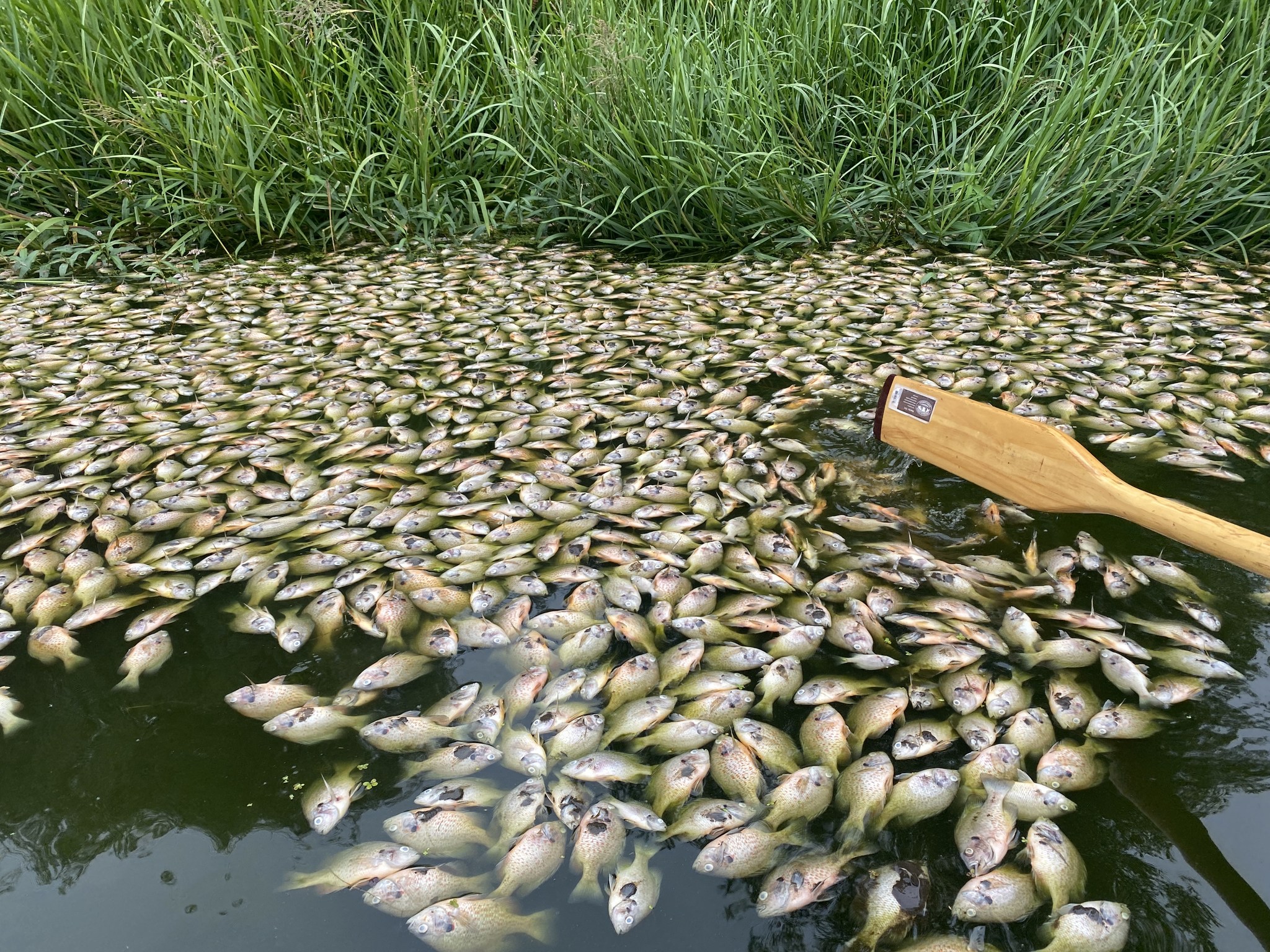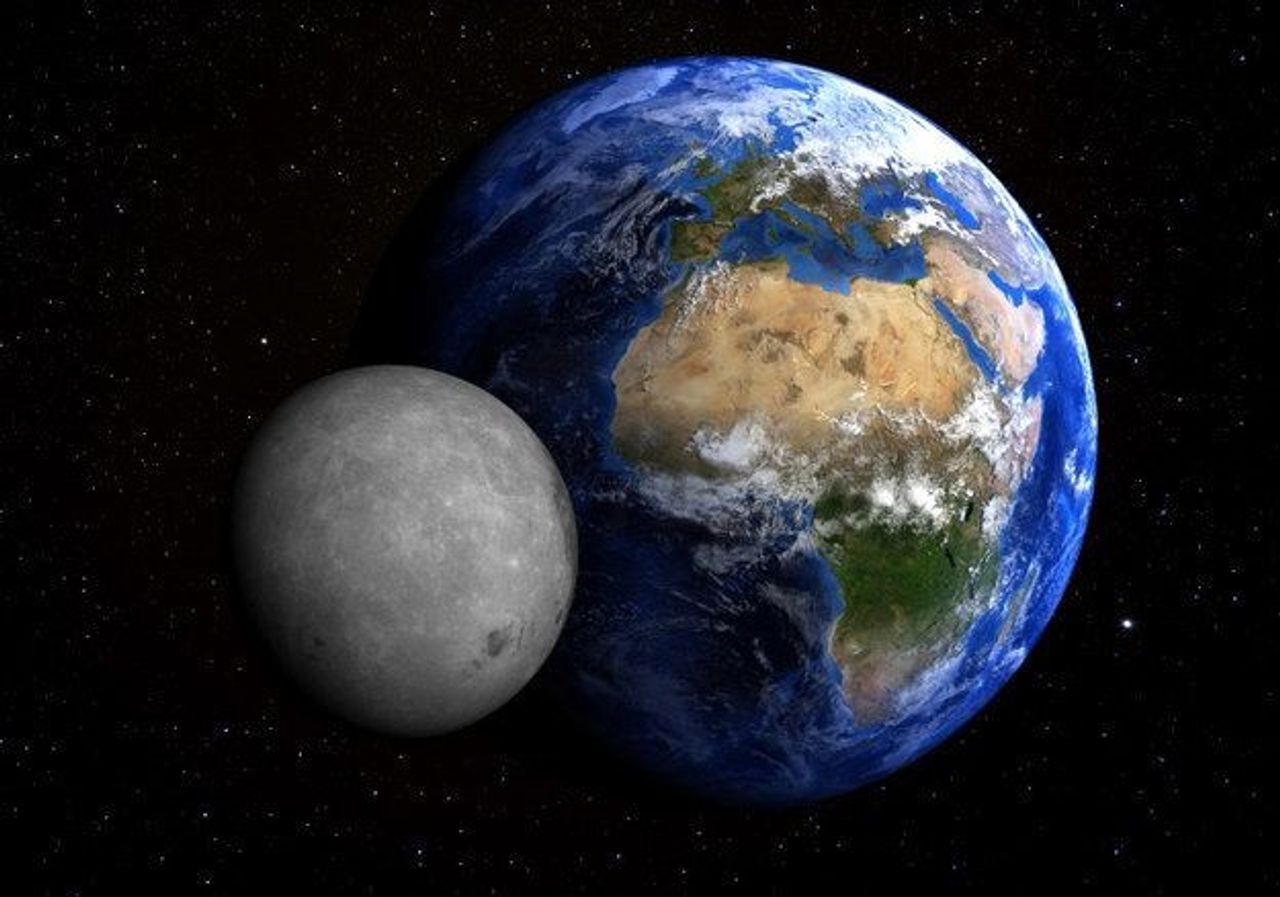A healthy forest ecosystem is essential for a healthy planet. Forests regulate the climate, rainfall patterns and watersheds and are crucial for...
Vous n'êtes pas connecté
- English
- Français
- عربي
- Español
- Deutsch
- Português
- русский язык
- Català
- Italiano
- Nederlands, Vlaams
- Norsk
- فارسی
- বাংলা
- اردو
- Azərbaycan dili
- Bahasa Indonesia
- Հայերեն
- Ελληνικά
- Bosanski jezik
- українська мова
- Íslenska
- Türkmen, Түркмен
- Türkçe
- Shqip
- Eesti keel
- magyar
- Қазақ тілі
- Kalaallisut ; kalaallit oqaasii
- Lietuvių kalba
- Latviešu valoda
- македонски јазик
- Монгол
- Bahasa Melayu ; بهاس ملايو
- ဗမာစာ
- Slovenščina
- тоҷикӣ ; toğikī ; تاجیکی
- ไทย
- O'zbek ; Ўзбек ; أۇزبېك
- Tiếng Việt
- ភាសាខ្មែរ
- རྫོང་ཁ
- Soomaaliga ; af Soomaali
Rubriques :
 Maroc - EURASIAREVIEW.COM - A la une - 15/Jul 22:09
Maroc - EURASIAREVIEW.COM - A la une - 15/Jul 22:09
Loss Of Oxygen In Lakes And Oceans A Major Threat To Ecosystems, Society, And Planet
Oxygen is a fundamental requirement of life, and the loss of oxygen in water, referred to as aquatic deoxygenation, is a threat to life at all levels. In fact, in research recently published in Nature Ecology and Evolution, Rensselaer Polytechnic Institute’s Associate Professor Kevin Rose, Ph.D. and his collaborators describe how ongoing deoxygenation presents a major threat to the stability of the planet as a whole. Previous research has identified a suite of global scale processes, referred to as Planetary Boundaries, that regulate the overall habitability and stability of the planet. These processes include things such as climate change, land use change, and biodiversity loss. It has been argued that if critical thresholds in these processes are passed, then major ecological, economic, and social challenges are likely to result. Importantly, Rose and collaborators argue that aquatic deoxygenation both responds to, and regulates, other Planetary Boundary processes. “It’s important that aquatic deoxygenation be added to the list of Planetary Boundaries,” said Rose. “This will help support and focus global monitoring, research, and policy efforts to help our aquatic ecosystems and, in turn, society at large.” Across all aquatic ecosystems, from streams and rivers, lakes, reservoirs, and ponds to estuaries, coasts, and the open ocean, dissolved oxygen (DO) concentrations have rapidly and substantially declined in recent decades. Lakes and reservoirs have experienced oxygen losses of 5.5% and 18.6% respectively since 1980. The oceans have experienced oxygen losses of around 2% since 1960 and, although that number is smaller, it represents a more geographically and volumetrically extensive mass. Marine ecosystems have also experienced substantial variability in oxygen depletion. For example, the midwaters off of Central California have lost 40% of their oxygen in the last few decades. The volumes of aquatic ecosystems affected by oxygen depletion have increased dramatically across all types. “Aquatic deoxygenation is closely linked to changes in climate and land use,” said Rose. “It is caused by decreases in the solubility of oxygen in water resulting from increasing temperatures, reduced deep-water ventilation due to stronger and longer stratification, and increases in oxygen-consuming respiration linked to both elevated temperature and enhanced inputs of nutrients and organic matter. Global warming and pollutants are disrupting biogeochemical processes in aquatic ecosystems and it is adversely affecting both freshwater and marine organisms.” Species experience physiological effects and entire food-webs can be transformed when deoxygenation occurs. Individual organisms often experience reduced sensory abilities, growth, body size, and reproduction. Low oxygen can also lead to widespread death and ecological impairment. Aquatic habitats with low oxygen levels are commonly referred to as “dead zones” because of their loss of life, which threatens ecosystem services like fishing, aquaculture, tourism, and cultural practices. Deoxygenation can also induce aquatic ecosystems to transition to alternative and undesirable states, characterized by harmful algal blooms and widespread anoxia, or lack of oxygen. “We are approaching critical thresholds of aquatic deoxygenation that will ultimately affect several other Planetary Boundaries,” said Rose, “DO regulates the role of marine and freshwater in modulating Earth's climate. Improving DO concentrations depends on addressing the root causes, including climate warming and runoff from developed landscapes. Failure to address aquatic deoxygenation will, ultimately, not only affect ecosystems but also economic activity, and society at a global level.” “Aquatic deoxygenation trends represent a clear warning and call to action that should inspire changes to slow or even mitigate this Planetary Boundary,” said Curt Breneman, Ph.D., Dean of Rensselaer’s School of Science. “Professor Rose’s work will pave the way for further research and open the door to new regulatory actions.”
Articles similaires
Why are fish dying in Somenos Lake?
A massive fish kill in Somenos Lake is raising concerns about the watershed's future. “We have fish kills pretty regularly in the lake, but this...
First Antarctic-wide plant survey sets baseline for climate change monitoring
In a landmark development for environmental research, the first continent-wide survey of plant life in Antarctica has been completed. The research...
Devolution Through Technology: Digital Colonialism Of The New-Age Technofeudalism – Analysis
The reach of speaking is both in what is spoken and – even more – in its visibility of non-verbal communication that accompanies told. However,...
Living seed bank for Australia
Researchers in Australia are building a “living seed bank” to protect the continent’s last-remaining fragments of rainforest from...
Why the Moon is Slowly Drifting Away from Earth
The Moon’s gradual retreat from Earth is a fascinating phenomenon rooted in the interplay between gravitational forces and the dynamics of tidal...
Plans On To Tackle "Dangerous" Glacial Lakes In Himalayas
The expanding glacial lakes in the Himalayas are a matter of serious concern and the National Disaster Management Authority or NDMA has finalised a...
Food, poverty thresholds not meant to dictate poor's spending — Balisacan
Food and poverty thresholds are just some of the assessment tools the government uses to measure impoverishment in the country, not to dictate how...
UP researchers discover optimum way to monitor blood oxygen levels in immobilised rhino, boosting efforts to combat poaching
New research by scientists at the University of Pretoria (UP) has shown that pulse oximeters, originally designed for humans, can be used more...
Drone flights and 3D scans used to protect vulnerable forests
Drones are being used to help curb the loss of Madagascar’s biodiverse forests through illegal deforestation. Research published in the journal...
Les derniers communiqués
-
Adobe Brings Conversational AI to Trillions of PDFs with the New AI Assistant in Reader and Acrobat
Adobe - 21/02/2024
-
Laura Frigenti takes the Helm as Chief Executive Officer of the Global Partnership for Education
Global Partnership for Education - 05/12/2022



